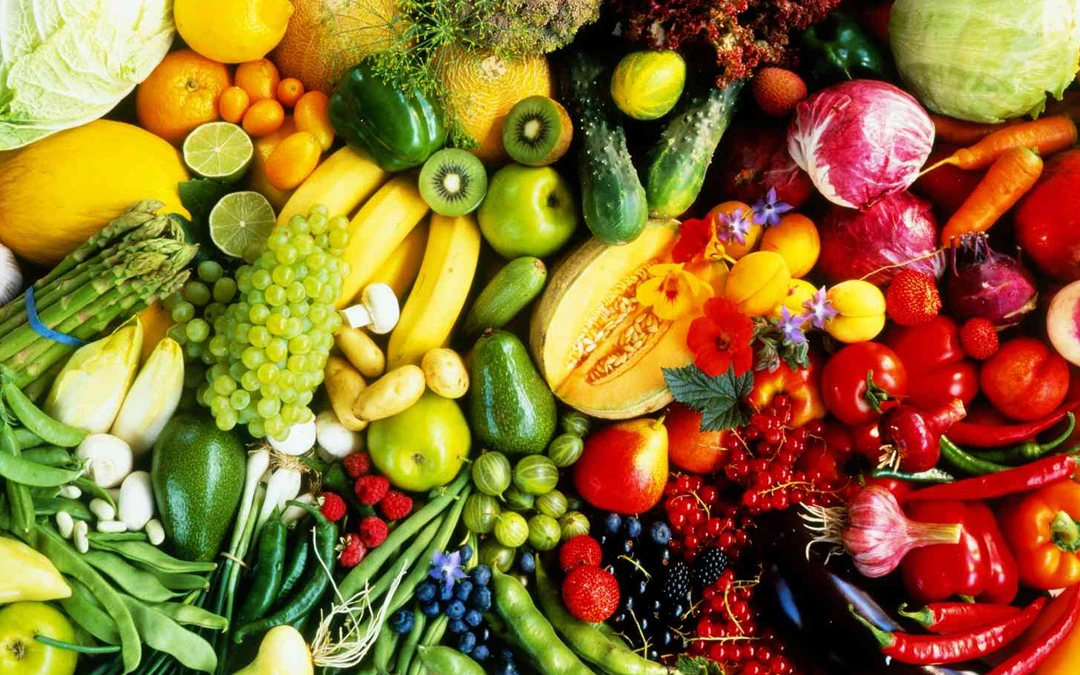More than just a trend, veganism is a lifestyle choice adopted for health, ethical, and environmental reasons. But is it right for you? Here’s what you need to know before making the switch.
Environmental Benefits
Lower Greenhouse Gas Emissions
Animal farming is a major contributor to climate change. Shifting to plant-based eating helps reduce your carbon footprint.
Water Conservation
Producing plants requires significantly less water than raising animals.
Example: Beef ≈ 15,000+ liters/kg vs. Lentils ≈ 1,250 liters/kg.
Land Preservation
Plant-based agriculture uses less land and helps prevent deforestation.
Protecting Oceans
A vegan diet reduces overfishing, marine pollution, and habitat destruction.
Health Benefits
Better Heart Health
Lower cholesterol and blood pressure, reducing the risk of heart disease.
Reduced Risk of Chronic Diseases
Lower chances of type 2 diabetes, certain cancers (like colorectal), and obesity.
Improved Digestion
High-fiber diets support gut health and regular bowel movements.
Weight Management
Plant-based diets are naturally lower in calories and saturated fat.
Clearer Skin & Energy Boost
Antioxidants and vitamins in fruits and vegetables promote healthier skin and improved vitality.
Veganism can support human health, though genetics, water intake, and sleep also play important roles.
What to Consider Before Going Vegan
A vegan diet requires basic nutritional awareness. Key nutrients to focus on include:
- Vitamin B12 – usually requires supplementation for long-term vegans.
- Iron – pair iron-rich foods (dals, leafy greens, seeds, tofu) with vitamin C sources like lemon, amla, oranges, tomatoes, or raw mango to improve absorption.
- Protein – achievable through smart combinations in the Indian diet.
- Omega-3s – found in flaxseeds (alsi), chia seeds, walnuts, and mustard oil.
- Calcium – sources include ragi (nachni), okra (bhindi), spinach (palak), oranges, and figs.
- Vitamin D – can be obtained through sunlight and fortified foods.
Some nutrients, like Vitamin B12 and Vitamin D, are hard to obtain from plants alone. Fortified foods can help fill these gaps without the need for pills.
Practical Considerations
Food Access & Planning
Easier in cities and villages with good grocery variety. Proper meal planning helps avoid dependence on processed vegan junk food.
Social & Cultural Adjustment
Be prepared for questions, family resistance, or fewer options at social events. Stay respectful and lead by example.
Budgeting Smartly
A vegan diet can be affordable with staples like rice, dals, and vegetables. Specialty items such as vegan cheese or mock meats may be more expensive.
Depends on how you eat—vegan junk food exists too.
Discover more empowering stories and insightful content like this on YOUxTalks, your go-to destination for inspiration and knowledge.
Follow YOUxTalks on Instagram: https://www.instagram.com/youxtalks











